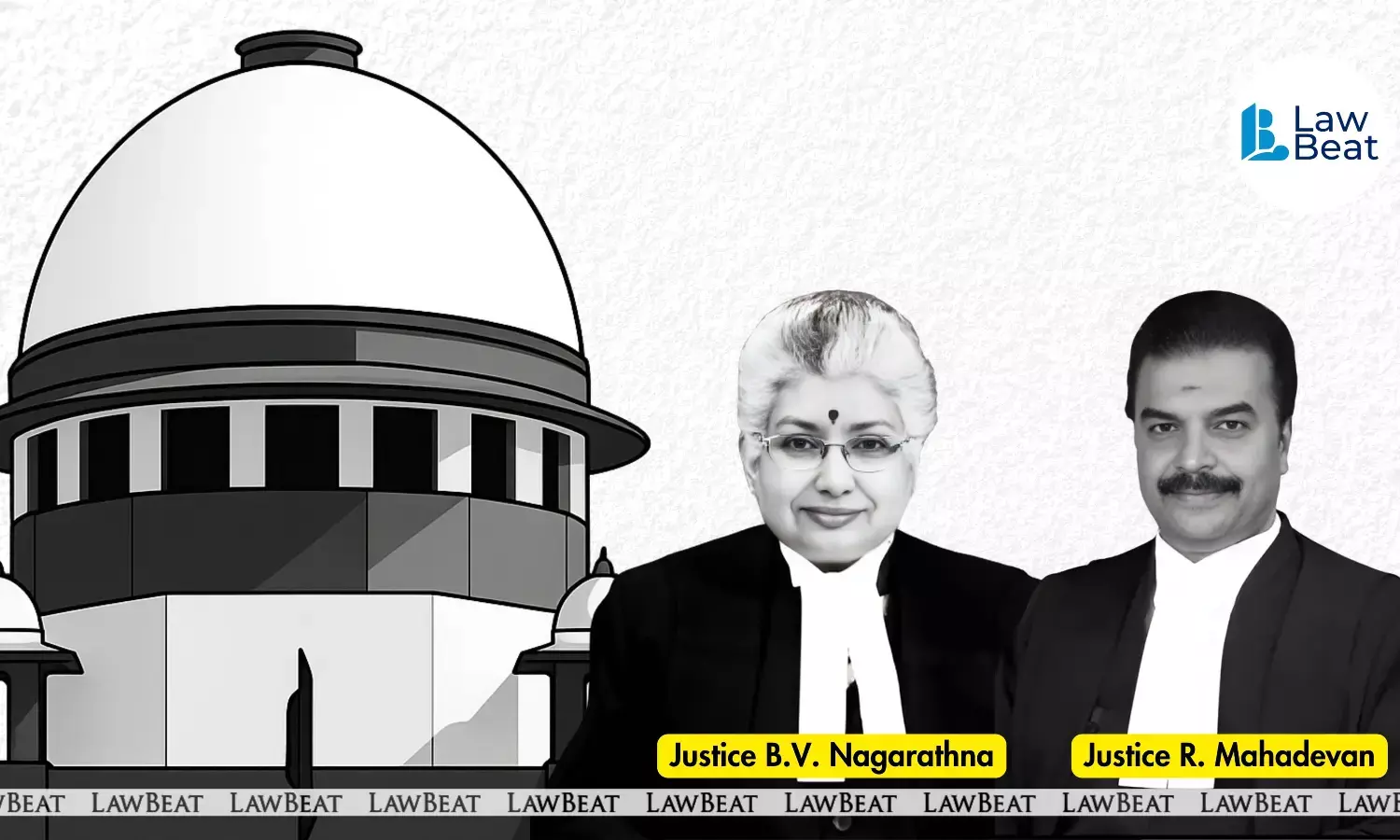SC Sets Aside Uttarakhand HC Acquittal in 2002 Murder Case, Orders Fresh Hearing

Supreme Court quashes rape case against advocate, saying long consensual relationship is not rape on promise of marriage
The Supreme Court has strongly emphasised that the high court, acting as the first appellate court in a criminal matter, must re-assess the facts, evidence on record, and findings to arrive at a just conclusion in deciding whether the trial court was justified in convicting the accused.
The bench of Justices B V Nagarathna and R Mahadevan stressed that the large pendency of cases "cannot come in the way of the court’s solemn duty, particularly, when a person's liberty is at stake".
This observation was made in a matter concerning the acquittal of four persons in a murder case, arising out of an appeal by the Uttarakhand government.
While hearing appeals under Section 374(2) of the CrPC, the high court exercises its appellate jurisdiction, which necessitates an independent application of mind in deciding the criminal appeal against conviction, court pointed out.
The bench underscored that it is the duty of an appellate court to independently evaluate the evidence presented and determine whether such evidence is credible. Even if the evidence is deemed reliable, the high court must further assess whether the prosecution has established its case beyond reasonable doubt, it said.
"The High Court, though being an appellate Court, is akin to a Trial Court and must be convinced beyond all reasonable doubt that the prosecution's case is substantially true and that the guilt of the accused has been conclusively proven while considering an appeal against conviction," the bench said.
As the first appellate court, the court stressed, the high court is expected to evaluate the evidence including the medical evidence, statement of the victim, statements of the witnesses, and the defence version with due care. While the judgment need not be excessively lengthy, it must reflect a proper application of mind to crucial evidence. Albeit the high court does not have the advantage to examine the witnesses directly, the high court should, as an appellate court, re-assess the facts, evidence on record and findings to arrive at a just conclusion in deciding whether the Trial Court was justified in convicting the accused or not, the court added.
In this regard, the bench cited its previous decisions in State of Uttar Pradesh vs. Ambarish (2021), where the apex court held that while deciding a criminal appeal on merits, the high court is required to apply its mind to the entirety of the case, including the evidence on the record before arriving at its conclusion. The bench also referred to the orders passed by the court in Shakuntala Shukla vs. State of Uttar Pradesh (2021) and State Bank of India vs. Ajay Kumar Sood (2023).
Court was dealing with appeals filed by the Uttarakhand government against the acquittal of four persons in a murder case. Court set aside the division bench judgment of 2013, noting that the high court had not discussed any evidence in the matter, and had not even referred to the case number and the trial court from which the appeals had arisen.
"We find that the High Court ought to have considered the evidence on record in light of the arguments advanced at the bar and thereafter ascertained whether the Sessions Court was justified in passing the judgment of conviction and imposing the sentence. The same being absent in the impugned judgment, for that sole reason, we set aside the same," the bench said.
The state counsel had submitted that in this case, the high court had reversed the judgment of the sessions court by setting aside the judgment and sentence of life imprisonment and granting a complete acquittal to the respondents-accused, in a "cryptic manner without there being any reasons and marshalling of the facts and the evidence on record".
Conversely, counsel for the respondents argued that the high court may have given the judgment pithily, but it was "not without substance," and that merely because the impugned judgment is short and not lengthy "cannot make it an erroneous judgment as the reasoning is evident and there is a basis for the findings arrived at".
Court accepted the submission of the state counsel and held that the impugned judgment of the high court was "cryptic and de hors any reasoning in coming to its findings".
Allowing the appeals filed on this limited ground, court remanded the matters to the High Court of Uttarakhand at Nainital for rehearing as expeditiously as possible, given that the incident was of the year 2002 and the impugned judgment was of May 02, 2013. Court also clarified that it had not made observations on the merits of the matter.
Case Title: The State of Uttarakhand Vs Anil & Ors.
Judgment Date: September 18, 2025
Bench: Justices B V Nagarathna and R Mahadevan
